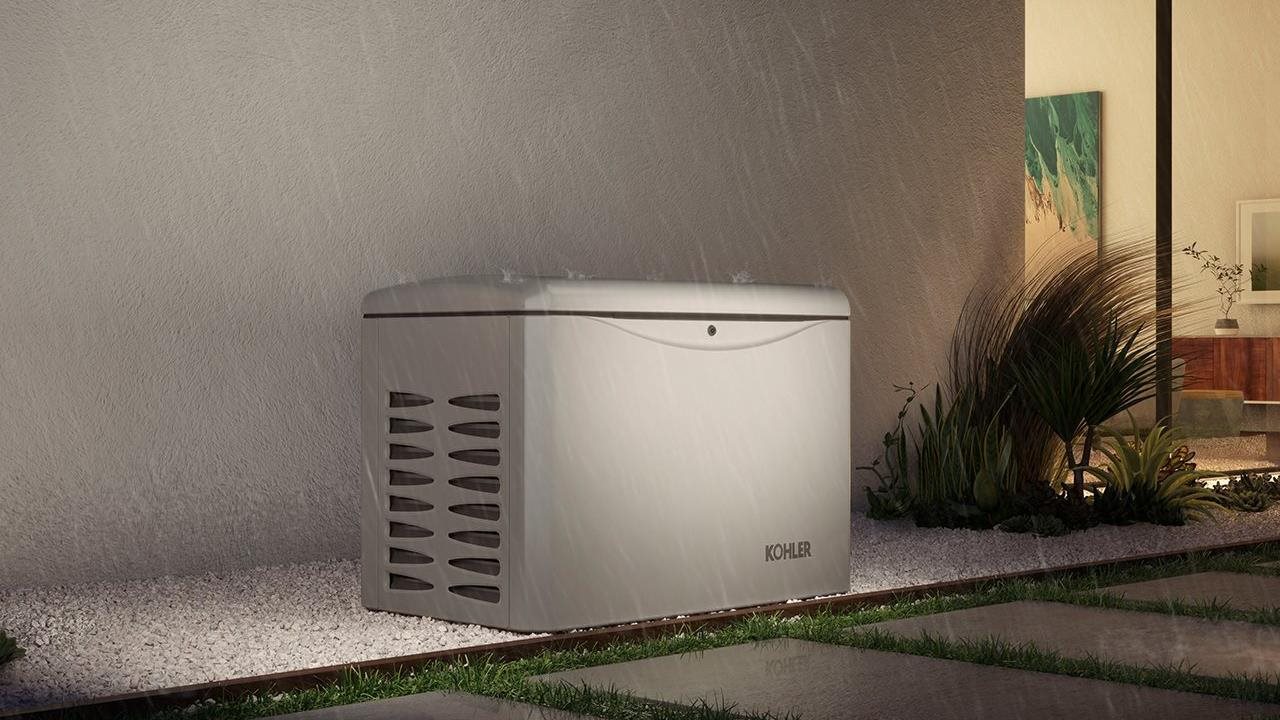
(BPT) – Natural disasters like hurricanes, severe storms, tornadoes and wildfires are forces to be reckoned with. Not only can they bring high-speed winds, heavy rains and roaring flames, they can also knock out power grids for entire communities, leaving people without electricity when it’s needed most. No matter where you live in the country, now’s the time to prepare your home and family for the impact of prolonged power outages.
Extended power outages are more problematic than ever before due to more people working and learning from home. According to a CNBC report, 25 percent of workers are still working remotely in 2021. And the remote work trend is only expected to increase, meaning more people will rely on home technology to do their jobs and help their children with school.
So as more Americans remain at home, those in severe storm areas need to keep their lives running smoothly. Electricity is essential to aid our everyday lives and fortunately, being proactive can help reduce the risk of a power outage affecting your livelihood, allowing you and your family to ride out natural disasters in safety and comfort.
Fighting power outages head on
Here are some ways you can prepare for power outages if you think a severe storm is heading your way:
1) Make sure you have enough batteries and backups
Losing your Wi-Fi is problematic, especially during a power outage. Consider purchasing a battery backup for your modem and wireless router so you can stay connected. If your Wi-Fi provider is down, don’t panic. You can still use your electronic devices for work while keeping your family entertained during the outage. Make sure you have plenty of USB power banks and battery-powered wireless chargers on hand to keep cell phones, tablets, laptops and other electronic devices powered up.
Also, ditch gas lanterns, candles and other items that can become a hazard. Consider battery-powered lanterns, flashlights, fans and other devices that run on standard-sized batteries.
2) Install an automatic standby generator
For the best chances of keeping your power running during a severe weather event, an automatic standby generator is a reliable option.
Automatic standby generators like those from Kohler Power sit outside your home similar to a central air conditioning unit and connect to existing fuel lines within the home (propane or natural gas). When power is lost to the home, an automatic standby generator turns on within seconds. Homeowners do not need to be present to operate or refuel the generator. Depending on the size, an automatic standby generator can power an entire home or several key circuits like lights, air conditioning, heating, Wi-Fi and a refrigerator.
“An automatic standby generator is like having your own personal power source connected to your home,” said Ed Del Grande, a home improvement expert, contractor and author. “You’ll never have to worry about losing power again. Being prepared by installing an automatic standby generator will keep your family and home up and running during the storm.”
3) Unplug electronics and other devices from power supply
If you don’t have reliable backup power from a generator, make sure you unplug your work computer, TVs and other sensitive electronics. Homes can experience a “power surge” after the electric grid is up and running again. These power surges can damage your devices if left plugged into the wall, as the sharp increase in high voltage can be too intense for your devices to handle. Consider using surge protectors to protect sensitive electronics.
4) Obtain a NOAA weather radio
Severe storms can knock out cellular towers as well, which can make it hard to get weather updates and messages from emergency officials on your mobile device. During a storm, it’s important to have access to this information so you can make the best decisions for you and your family, like whether to evacuate the area or help a vulnerable loved one or neighbor in need. Emergency weather radios are available that have access to NOAA channels, which can help you get the latest weather and storm warning updates in real-time without accessing the internet.
For more information on equipment that can help prepare you for severe storms, visit kohlergenerators.com.
